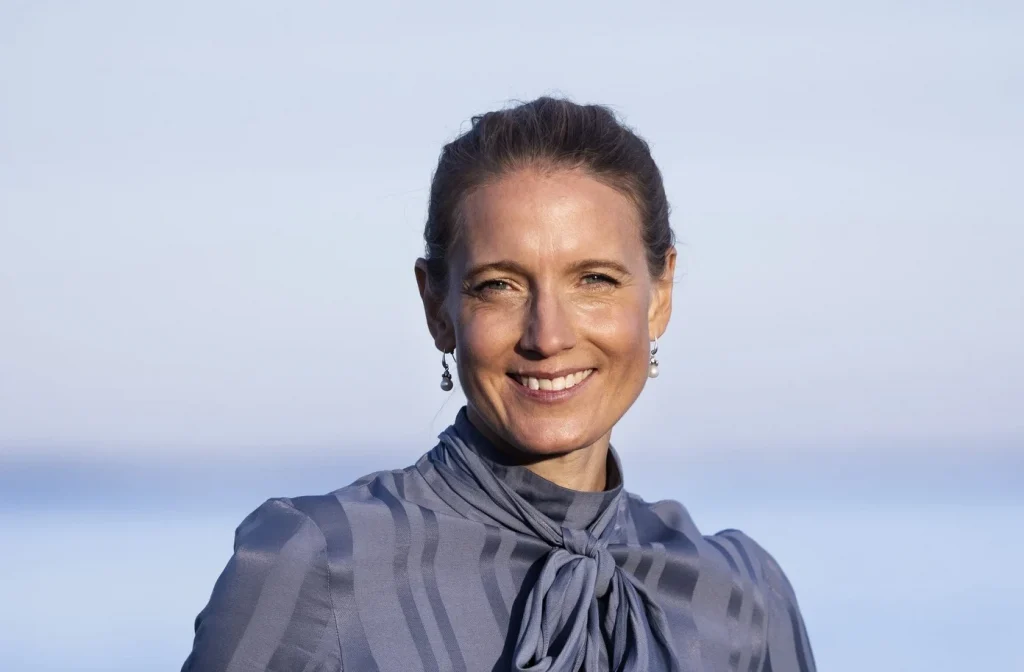
Share This Post
Forget everything you know about what talent looks like and who should be developed. Learn to ask yourself and your company some essential questions when seeking genuine, unique talent. At the end of this article you’ll get 10 traits to look for.
This article is first published in POV. International in Danish. You can find it here.
If you believe you know exactly what talented people look like, I invite you to set aside your assumptions for a moment and see if you can gain some new perspectives in the next five minutes. Our brains work through pattern recognition – much like machine learning. We think that what we’ve seen before also applies to what we will encounter next – but that is rarely the case. There isn’t one thing that can cure emptiness. Often, it’s a combination of several things we desire in life to feel whole: a sense of belonging, security, being seen and heard, contributing, and being important to someone. Although a review of leadership research clearly shows that there is no particular type who is a better leader than others, most people still have a stereotypical image of what a leader looks like. The same applies to talent.
Less Than Two Percent of the Capital
In April, I spoke at an event for Series A+ entrepreneurs in London. There were a couple of women who shared what holds them back the most. Compared to men, it is difficult for them to get capital from investors. And no, it’s not “just complaining” – when we look at the numbers, they tell a clear story. Only 1.8 percent of investments in the EU and two percent of the investment pool in the US go to companies founded by women.
It’s not only investors who have stereotypical images of what intelligent people look like. It is not uncommon for highly gifted people to feel unseen. Others feel they cannot find their true place where they can contribute with everthing they have to offer. When these people are seen, they flourish, develop, and increase their contributions to their surroundings in a noticeable way.
This is important because, as a society and in organizations, we need talents to be developed, unfolded, and put into play. There are many problems to be solved – and rarely enough time and energy for everything we need to solve.
The Hollow Emptiness
If you can’t find your place, aren’t challenged, can’t contribute, and don’t find like-minded individuals to engage with, it’s normal to feel that life is empty or hollow. And when we look at well-being statistics, it’s certain that many experience a void in life.
Stress has become a public health issue that costs the european societies €620 billion each year. The reasons can be many, but for some, it’s because they haven’t found their place and way to contribute to the world.
Because, when you treat everyone the same, you don’t treat anyone fairly.
Modern people are complex. There isn’t one thing that can cure the feeling of emptiness. Often, it’s a combination of several things we desire in life to feel whole: a sense of belonging, security, being seen and heard, contributing, and being important to someone. For people with high cognitive capacity, there is also a strong need to develop. Not just a little, but to be challenged to stretch and give their best. These people need talent development to thrive – and we need them.
Would you like the newest knowledge and inspiration sent directly to you?
Then subscribe to our monthly newsletter
Stay Focused on Talent Development
Talent development is crucial for how well we can perform – as organizations, as a society, and as a race. The complexity of our environment and the challenges we need to solve have increased rapidly.
It requires us to surpass ourselves in every way. We need great developed talents who can use themselves in the best possible way for the benefit of everyone. Here comes coaching into the picture – maybe it was something to consider. You can take a closer look at coaching here.
Break the Myths When Spotting Talent
There are also prejudices that if you have a high IQ, you have lower social intelligence. This is not true if you have been seen and met in your upbringing. But it is logical that you become disconnected from the world if you are not seen, met, and developed in your upbringing or first job.
A lot of literature shows that if people with a high IQ are seen, met, and developed, many will grow into individuals with great capacity, who also uplift others in an altruistic manner. I meet these people from time to time in my practice as a coach for leaders. They have a different capacity than other people. Not only intellectually, but also in their ability to see other people, develop them, solve problems, and uplift the whole. They do so much good . They are people you can completely trust. We, as a society, need more of them.
10 Traits to Look For
When you select those who should be on a fast track and developed for talent, forget everything you think you know about what talented people look like. Forget the idea that highly gifted people are nerdy men interested in physics. Some of them are – but certainly not all. Some are women, some are non-binary, some are creative, some are not, some love glitter, or something entirely different.
In other words: People with high IQs and other talents have as diverse interests, genders, colors, and appearances as everyone else.
So what should you look for? Inspired by Jan Andersen’s 20 years of work with gifted children, here is a list of 10 behavioral traits to look for. They also apply to adults with high IQ:
- Perfectionism and high-quality standards
- Naivety in social relationships
- Developed sense of humor
- Formulates unique ideas
- High sense of justice
- Curious and asks many questions
- Critical sense
- Intense and maybe a fear of being too much
- Good memory
- High sensitivity – e.g., to noise in an open-plan office.
The Essential Question for the Workplace
Many forward-thinking, knowledge-based companies have talent development programs. Both to retain talent and to develop future leaders in the company. I would like to invite every institution, organization, and company with the resources to ask themselves this question:
Can one develop their talent, find their place, and contribute in the best possible way to the surroundings here?
We need talents and leaders who take responsibility, lead, and solve problems on behalf of others. We need the people who will lead us in the future to be insightful and competent.
It is now that their talents need to be developed and maybe you should consider coaching – helping to deal with the real challenges. Reach out or take a closer look at the coaching page.
And remember that we help people in multinational companies to handle challenges in a meaningful way and take business to the next level. If you would like to be updated with new articles and videos, sign up for our mailing list. Your mail is not shared with anyone and there are advantages to being on the list e.g., getting the first chapter of my book, Power Barometer – How to Manage Personal Energy for Business Success.












